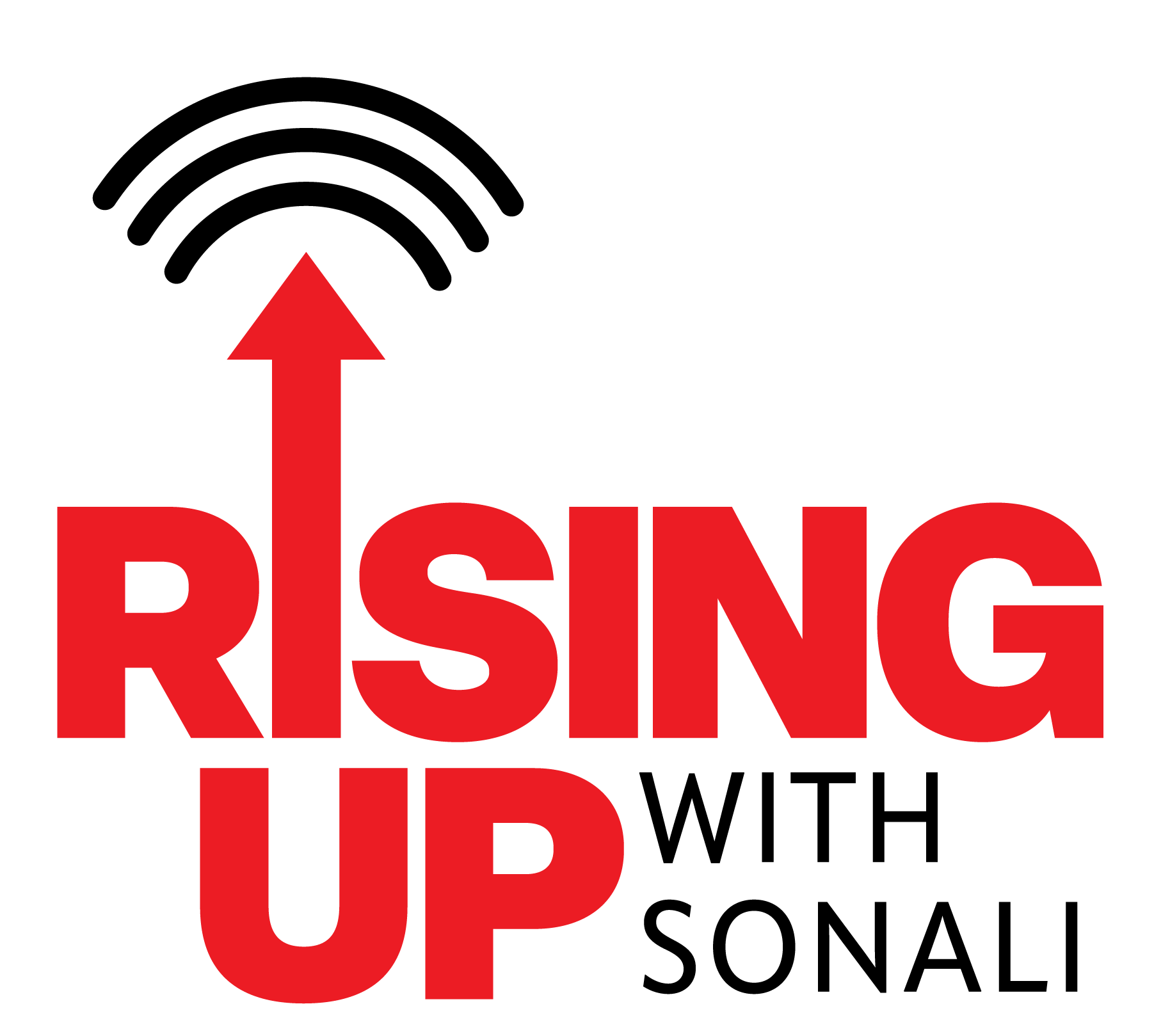FEATURING DORTELL WILLIAMS - There is deep irony in the fact that a person with dozens of felonies is a major party nominee for President this year, when millions of Americans caught in the criminal justice system–disproportionately people of color–are unable to vote.
Hundreds of thousands of people are held in jails awaiting trial and while they are legally allowed to vote, it is often ordinately difficult to do so.
Those who are imprisoned are automatically disenfranchised in all states except Vermont and Maine. A California Assembly bill ACA 4 introduced last year would have restored the voting rights of Californians in prison. According to the ACLU, “Studies repeatedly show that when system-impacted people can vote, they are less likely to be reincarcerated after release.”
Meanwhile, those who serve time and have felonies on their record may or may not be able to vote depending on the state they reside in. The state of Florida in particular has attacked the rights of people with former felonies to vote. After voters passed a ballot measure restoring voting rights, the conservative legislature restricted that right in various ways, even going as far as prosecuting people who tried to vote. In fact, Donald Trump reportedly violated Florida law by failing to register his felonies with the Palm Beach County Sheriff and casting a vote in the state’s primary election.
This post is for subscribers only
Subscribe now for free to watch the video of this interview (You can upgrade later to a paid membership to unlock exclusive content).
Sign up now
Already have an account? Sign in
